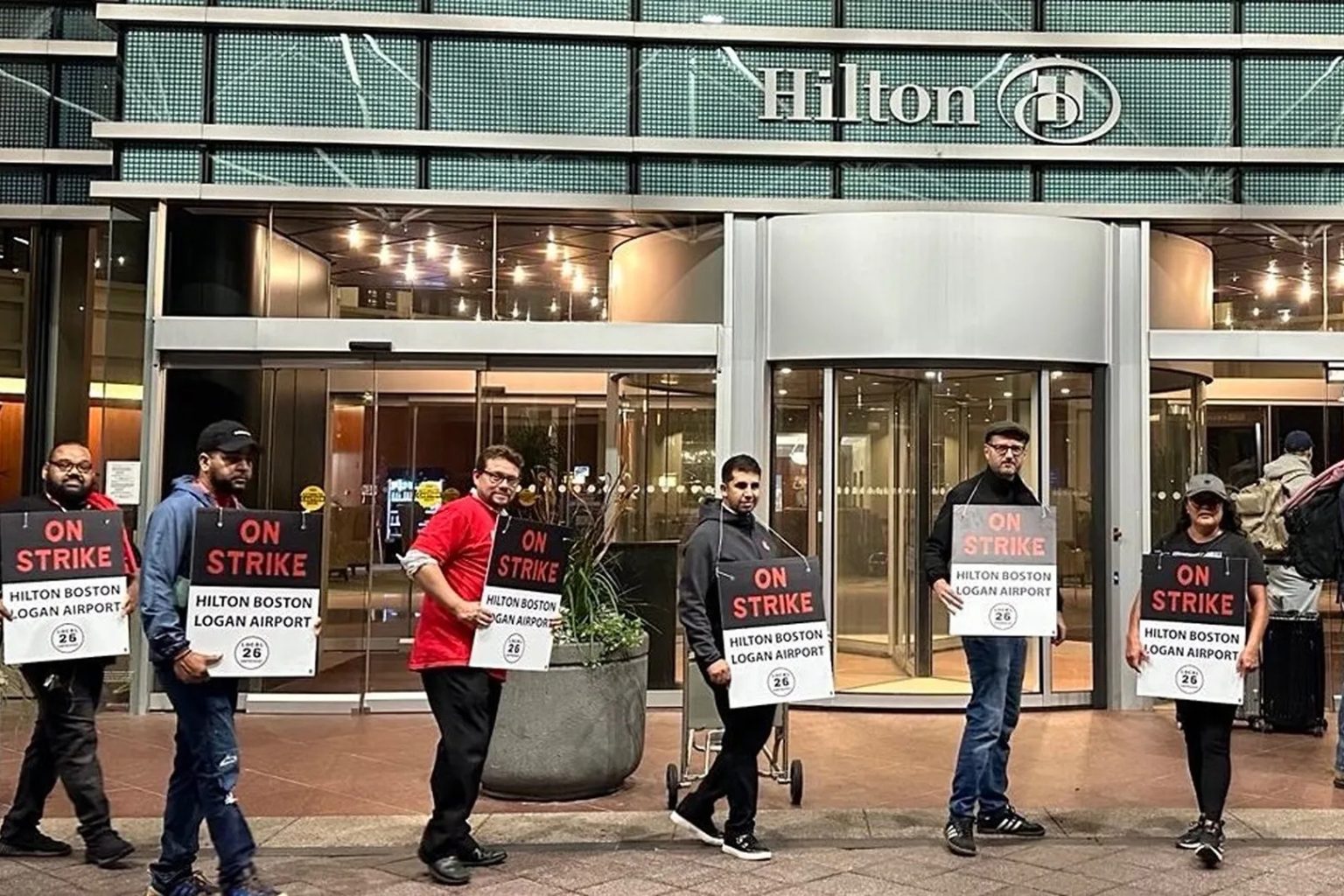Thousands of hotel workers across major U.S. cities recently went on strike, organized by the Unite Here union and targeting properties branded by Hilton, Hyatt, Marriott, and Accor. These strikes have brought attention to labor disputes in the hospitality industry, particularly surrounding issues such as daily housekeeping. The strikes highlight the struggle for hotel companies to balance recovering profits with worker demands for better pay and working conditions.
The strikes involved approximately 9,376 workers in 9 cities, with Boston, Greenwich, Honolulu, Kauai, San Diego, San Francisco, and San Jose being impacted. Workers are seeking wage increases, with some demanding a $10-an-hour raise phased in over four years. In addition to wage disparities, there are disputes over daily room cleaning, workload concerns, and other issues related to staffing levels and fair workloads. Hotel chains have expressed a commitment to negotiations but have also put contingency plans in place to minimize disruptions for guests.
United Here’s new president, Gwen Mills, has highlighted that about 40,000 hotel workers in 22 North American markets have union contracts that might expire over the next year. She emphasized the importance of increased wages for workers, especially as hotel staffing per occupied room has decreased while revenue per room has increased. Housekeepers, bellhops, cooks, dishwashers, servers, and bartenders are among those participating in the strikes to address wage issues and working conditions.
The hospitality industry is facing a critical moment as it navigates post-pandemic recovery, labor shortages, and changing guest expectations. The outcomes of these strikes may have significant implications for the industry as a whole. If the demands of the workers are not met, the union has threatened to expand the strikes to 65 hotels in up to a dozen cities. The tensions between hotel companies and workers reflect broader challenges in the industry, as companies seek to maintain profitability while meeting the demands of their employees.
The strikes have drawn attention to the challenges faced by workers in the hospitality industry, particularly in terms of wages, working conditions, and workload concerns. The demands of the workers are representative of broader issues within the industry, as hotels seek to balance profitability with meeting the needs of their employees. The outcomes of these strikes may signal a shift in the industry as companies are forced to confront labor disputes and address the concerns raised by their workers. The future of the hospitality industry may be shaped by the resolution of these strikes and the responses of hotel companies to the demands of their employees.


